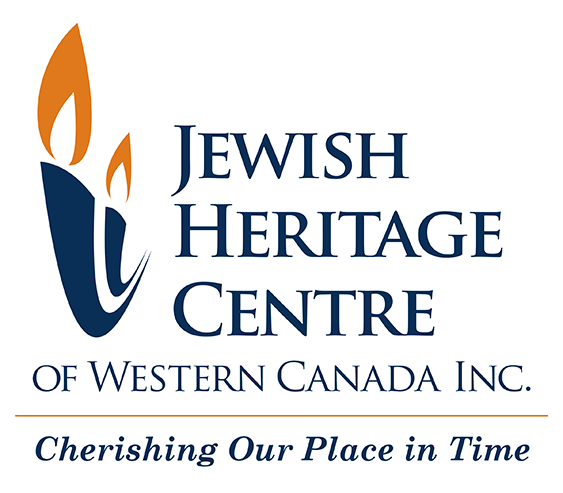Combatting Antisemitism
Social Media Antisemitism in the 21st Century
Survivor Testimony
Education is at the centre of addressing the rise of hate and antisemitism. 85% of Canadian adults, according to the Azrieli Foundation, agree that it is important to keep teaching about the Holocaust so that it does not happen again. Today, Holocaust survivors play an important role as witnesses to history, continuing to recount the horrors they experienced. However, they will only be with us for a while longer. Once these survivors are gone, the issue of Holocaust distortion will likely continue to grow as society becomes further removed from the truth. The Azrieli Foundation found that “most Canadians (89%) have not visited a Holocaust museum and nearly 7- in-10 (69%) do not know or know of a Holocaust survivor.” This is significant, because hearing from a survivor can greatly impact one’s understanding of events such as the Holocaust. The experience of listening to a survivor speak is very different from simply reading names and dates from a textbook and can instill a more human understanding of the Holocaust in the listener.
Educational Resources
Even when listening to a survivor speak in-person may not be possible, organizations like the United States Holocaust Memorial Museum (USHMM) provide collections of survivor testimony that can be accessed for free, online. The USHMM has also created a comprehensive, online Holocaust encyclopedia that is free to use. In Winnipeg, the Canadian Museum for Human Rights (CMHR) and Jewish Heritage Centre of Western Canada (JHCWC) host Holocaust education exhibits, oral history collections and events that often incorporate survivor testimony. The Freeman Family Foundation Holocaust Education Centre of the JHCWC hosts an annual Holocaust and Human Rights Symposium for grade 9-12 students, furthering the cause of Holocaust education among young people. Students, teachers and community members can use these resources to develop their understanding of the Holocaust and antisemitism, in an intentional effort to combat the lack of historical education underlying the hate we see in our world.
The IHRA Definition of Antisemitism
In addition to historical education, we must be equipped to recognize the antisemitism we see today. Research has shown that only 45% of Millennials and Gen Z are even aware that antisemitism exists in Canada. With the multitude of information on the web and the complexities discussed earlier, discernment is of key importance. The IHRA’s Working Definition of Antisemitism is a practical place to start. Rather than providing an answer for every situation, the definition provides guidelines to help discern the antisemitic nature of a statement or act, as a tool accessible to the greater population. The working definition can be an invaluable resource; a place to start in an environment muddied with myths and misinformation. Other practical IHRA resources include the Working Definition of Holocaust Denial and Distortion and their article on the spelling of the word “antisemitism.”
